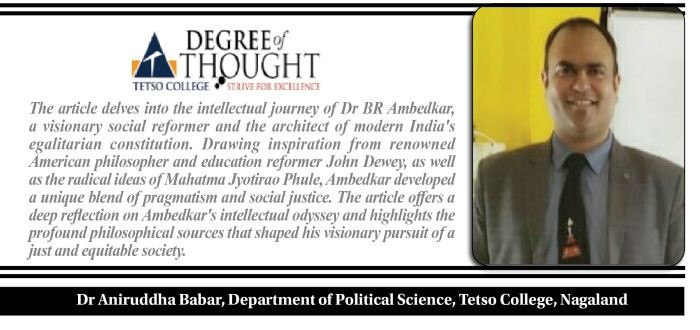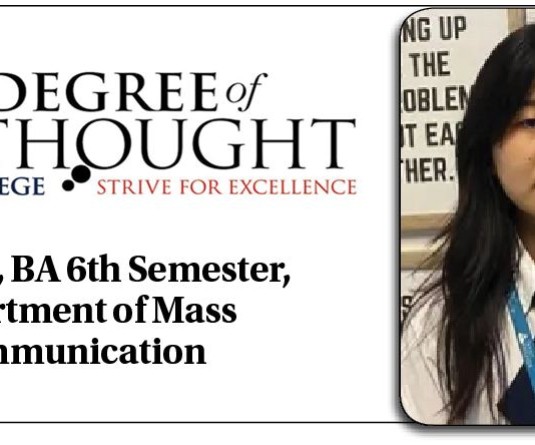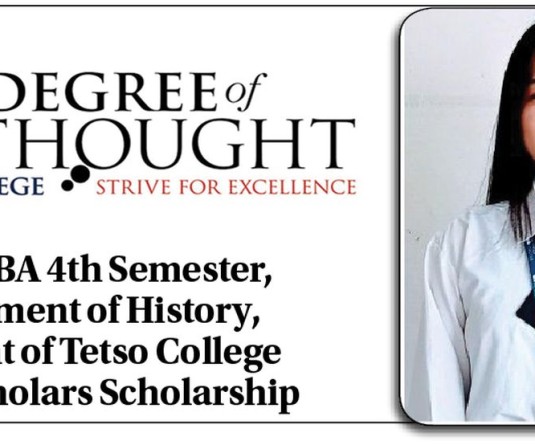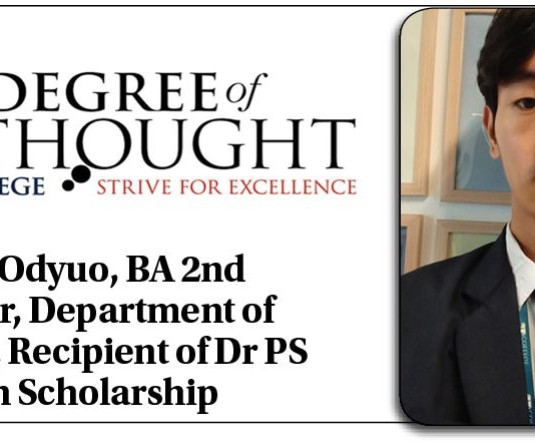
In the annals of history, there have been many individuals who have left an indelible mark on society, shaping the course of our collective journey. Among these luminaries, one figure stands out for his unwavering commitment to social justice and equality: Dr BR Ambedkar. A towering intellectual and social reformer, Ambedkar's vision and ideals continue to inspire millions around the world. In understanding the ideological underpinnings that guided Ambedkar's transformative journey, we must delve into the influences that shaped his thinking.
One of the profound influences on Ambedkar's intellectual development was the American philosopher, psychologist, and education reformer, Professor John Dewey. Ambedkar's association with Dewey during his time at Columbia University had a profound impact on his worldview. Dewey's pragmatism, with its emphasis on the practical and experiential aspects of knowledge, resonated deeply with Ambedkar. This philosophical framework informed Ambedkar's approach to social reform and the pursuit of justice for marginalized communities.
Ambedkar was captivated by Dewey's ideas, which emphasized the importance of democracy, equality, and social progress. Dewey's belief in the power of education as a means of social transformation struck a chord with Ambedkar, who himself championed the cause of education as a tool for emancipation. The pragmatist philosophy espoused by Dewey, with its focus on the practical implications of ideas and the need for social action, provided Ambedkar with a robust intellectual foundation.
Furthermore, Ambedkar's ideals were deeply influenced by the thoughts and ideas of Mahatma Jyotirao Phule, a prominent social reformer and champion of the rights of marginalized communities in India. Phule's tireless efforts to challenge the prevailing caste system and advocate for social justice left an indelible mark on Ambedkar. Phule's profound insights into the oppressive nature of the caste system and his call for justice for all resonated deeply with Ambedkar, who himself experienced the cruelties of caste-based discrimination.
Ambedkar's encounters with the works of Phule, particularly his seminal work "Gulamgiri," were transformative experiences. Phule's critique of Brahminical hegemony and his vision of a just and egalitarian society had a lasting impact on Ambedkar's thinking. He drew inspiration from Phule's radical ideas and incorporated them into his own struggle for social justice.
Central to Ambedkar's ideology was the belief that social justice could only be achieved through the abolition of the caste system and the establishment of a truly egalitarian society. His vision extended beyond mere political rights for marginalized communities; it encompassed economic and social empowerment as well. Ambedkar recognized that true justice could only be achieved when every individual, regardless of their caste or social standing, had equal opportunities to thrive and prosper.
Ambedkar's tireless efforts to challenge the discriminatory practices enshrined in the Indian social fabric culminated in his drafting of the Indian Constitution. As the principal architect of the constitution, Ambedkar sought to create a framework that would protect the rights and dignity of all citizens, particularly those who had historically been oppressed and marginalized. His relentless pursuit of justice for all was evident in the provisions he included, such as affirmative action policies, to address historical injustices and promote social equity.
Ambedkar's pragmatism, instilled by his association with Dewey, and his deep-rooted commitment to social justice, influenced every aspect of his endeavors. From his writings and speeches to his political activism, Ambedkar consistently advocated for a society based on equality, fraternity, and justice. His vision was not limited to the boundaries of caste or creed; it encompassed the entire spectrum of society.
Ambedkar's legacy as a champion of social justice continues to resonate in contemporary India. His ideas and principles serve as a beacon of hope for those who strive for a more inclusive and equitable society. However, the journey towards realizing Ambedkar's vision is far from over. The struggles for justice and equality persist, as discrimination and social inequities persist.
The impact of John Dewey's pragmatism and Jyotirao Phule's social reform movement on BR Ambedkar's intellectual and philosophical outlook cannot be overstated. These influences shaped his understanding of social justice and propelled his tireless efforts to dismantle the oppressive structures of the caste system. Ambedkar's pragmatic approach, combined with his unwavering commitment to justice for all, laid the foundation for a more inclusive and egalitarian India. His ideas continue to guide us in our ongoing pursuit of a just and equitable society, reminding us of the importance of pragmatism and social justice in shaping the future of our nation.
Amidst the tapestry of philosophical influences, Dr BR Ambedkar emerged as a torchbearer of social justice, blending the pragmatism of John Dewey with the revolutionary ideas of Mahatma Jyotirao Phule. His vision transcended social-political-geographical boundaries, weaving together the threads of practicality, experiential learning, and the fight against all forms of ‘injustice’. In his quest for a just and equitable society, Ambedkar stood as a beacon of hope, challenging the entrenched norms and advocating for the rights of the marginalized. His intellectual odyssey serves as a reminder that the pursuit of social justice requires a deep understanding of the past, a critical analysis of the present, and a visionary approach to shaping the future. Ambedkar's legacy inspires us to strive for a society where every individual is recognized, valued, honored, and given the opportunity to flourish. His words echo through the ages, reminding us that social justice is not just an ideal, but a moral imperative that demands our unwavering commitment.
The Degree of Thought Column is a weekly community column initiated by Tetso College in partnership with The Morung Express. The column explored contemporary social, cultural, political, and educational issues and challenges around us. However, the views expressed here do not reflect the opinion of the institution. Tetso College is a NAAC-accredited, UCG-recognized Commerce and Arts college. Currently, the Degree of Thought Column is managed by the department of Mass Communication, and the editorial team are Dr Jenny Lalmuanpuii, KC Gabriela and Rinsit Sareo. For feedback or comments, please email: dot@tetsocollege.org.






